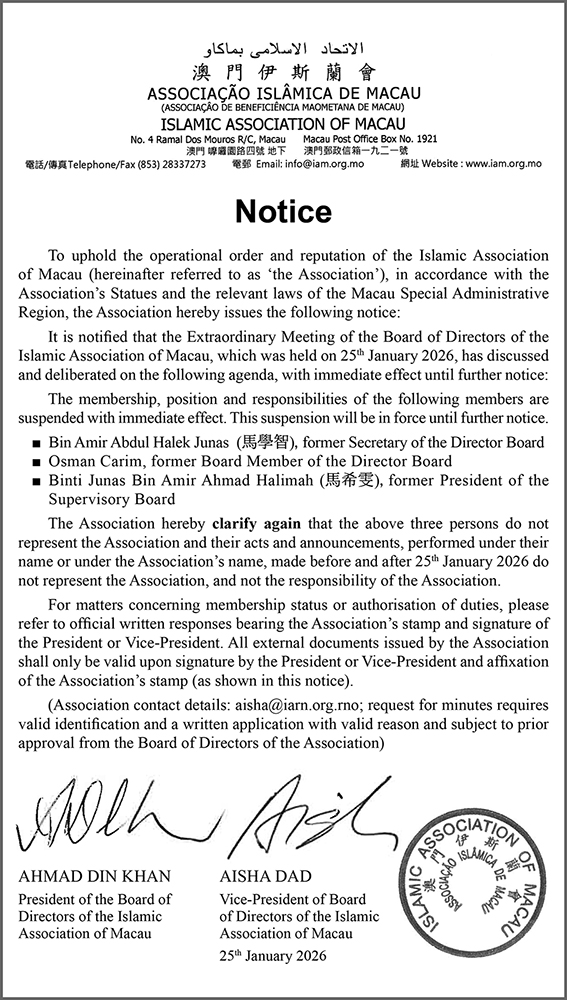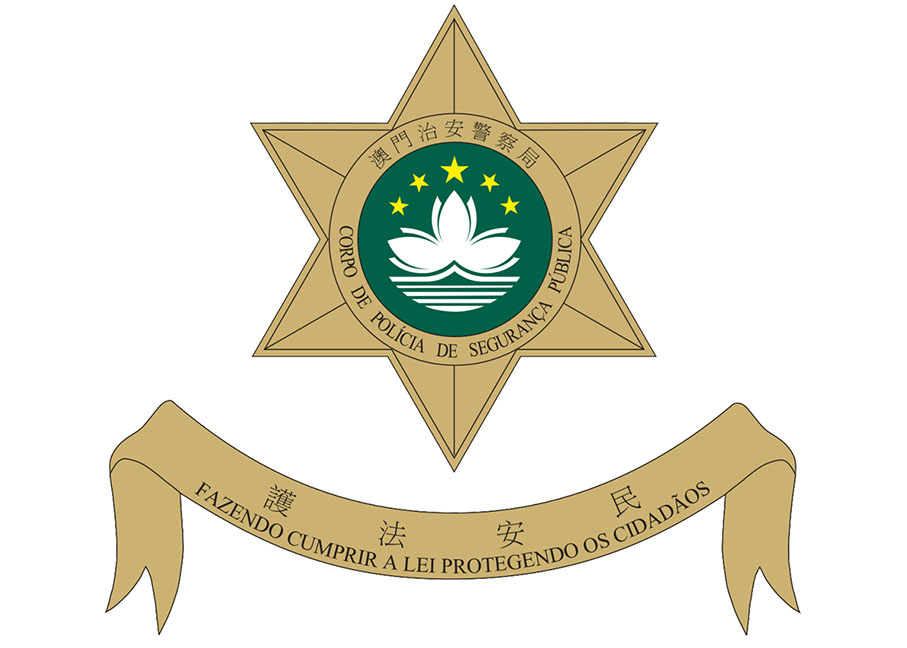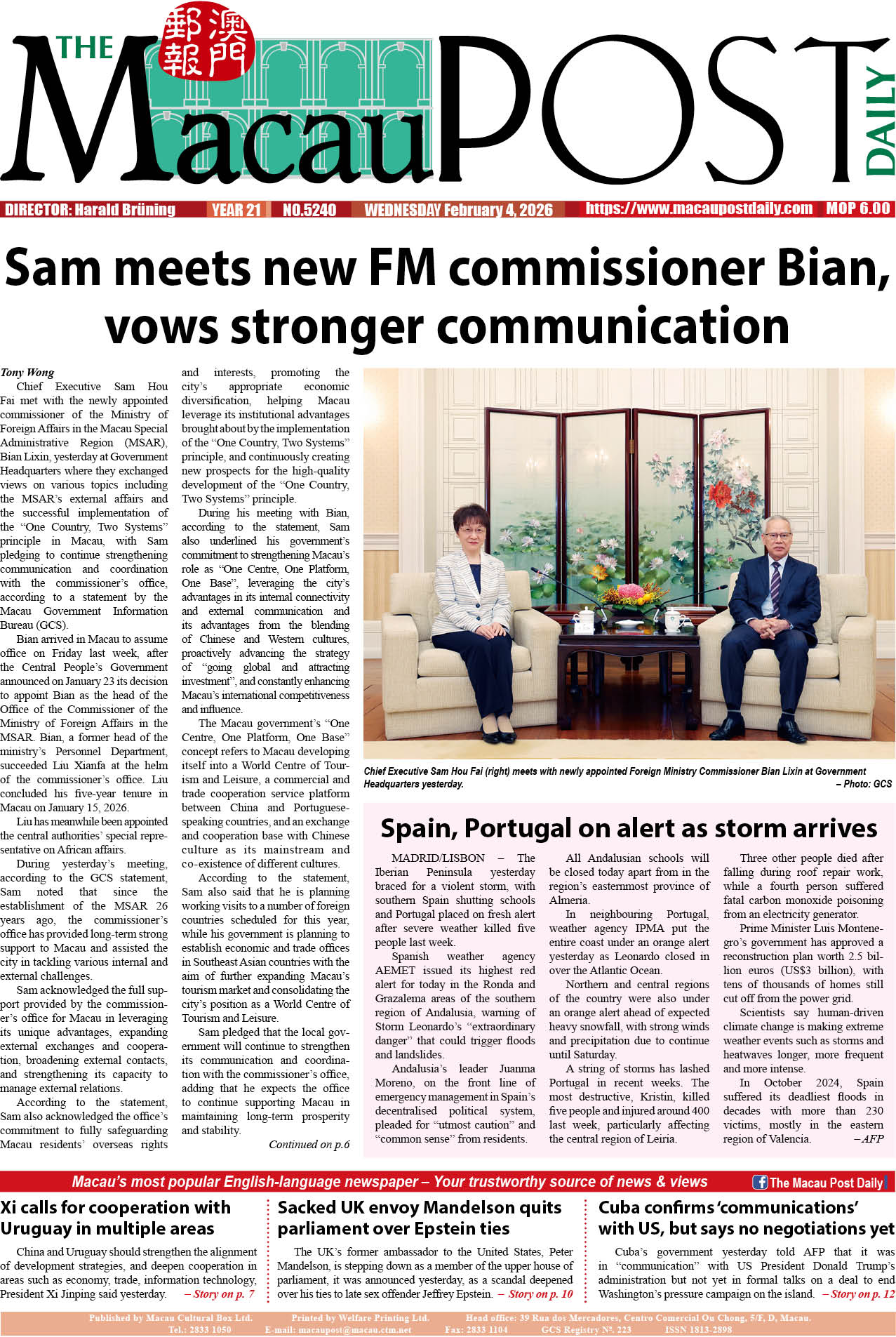Commentary by José Álvares*
The presidential election campaign in the United States has kicked off and, as usual, no one can be indifferent - American or not, it’s still the biggest economy in the world and with it comes the huge sway it holds in the geopolitical arena. It’s not an exaggeration to say that the fate of the world hangs in the balance. That the US is divided (internally) is nothing new, but while before it was all about reconcilable differences, today we see some Americans overtly promoting their “us versus them” ideology.
It is hard to boil down the two different options in one paragraph, but let’s focus on foreign policy, which affects us non-Americans the most. One particular candidate favours an America First policy, such as the withdrawal from international treaties and organisations to best serve the interests of the US (which, to a fair extent, would sort of result in the exclusion of all others). The alternative is a gaffe-prone man past retirement age with a policy direction some of us aren’t entirely sure what it is all about. However, he has shown, unlike the current occupant of the White House, a degree of moderation, compassion, and willingness to listen.
The percentage of the world’s gross domestic production (GDP) that the US held during the mid-20th century was 40 percent, and some have trouble dealing with the fact that it now stands at slightly above 20 percent and is dwindling every year. That’s why, rightly so, the US doesn’t seem to want to solely carry the weight of the world as it did, to be fair, after the Second World War. There was thus the rise of international organisations representing a multitude of new stakeholders that have emerged throughout the years and contributed to the enduring peace we have witnessed (the European Union being the most shining example), though obviously with regional exceptions.
But instead of supporting this multilateralism that undoubtedly contributed to growth and, to a certain extent, to a fairer distribution of wealth on a global scale, the current US administration seems hell-bent on turning its back on the progress made and veering into a divide-and-conquer approach, resembling the old tribal ways. We have always had global challenges, but today more than ever before we have the chance of facing them together, such as climate change (the palpable consequences of which will come) and pandemics. Going-at-it-alone strategies demanded a hefty price in this regard (fortunately Germany and France understood it and are countering the effort by the US to undermine the WHO). Another example is the extremist attitude of the current US administration (at times hypocritical) towards China – worth perhaps considering the more constructive approach coming from Europe.
Even internally, the consequences of driving a wedge between people were in stark display in the aftermath of the death of George Floyd. A significant number of people reached a boiling point, with public demonstrations that weren’t always peaceful – which isn’t a symptom of a healthy society. Any message that in this time and age still condones judging a fellow human being based on the colour of his or her skin or the shape of their eyes should be vehemently rebuked.
When Benjamin Franklin was asked about what kind of political system the then individual states should came up with, he ominously replied: “A republic, if you can keep it” – well, now they might be on the brink of losing it and with nefarious consequences for all of us. As a former first lady of the US said: “A presidential election can reveal who we are, too”. And thus I ask – quo vadis America?
*The author is a cofounder of CA Lawyers and commentator









